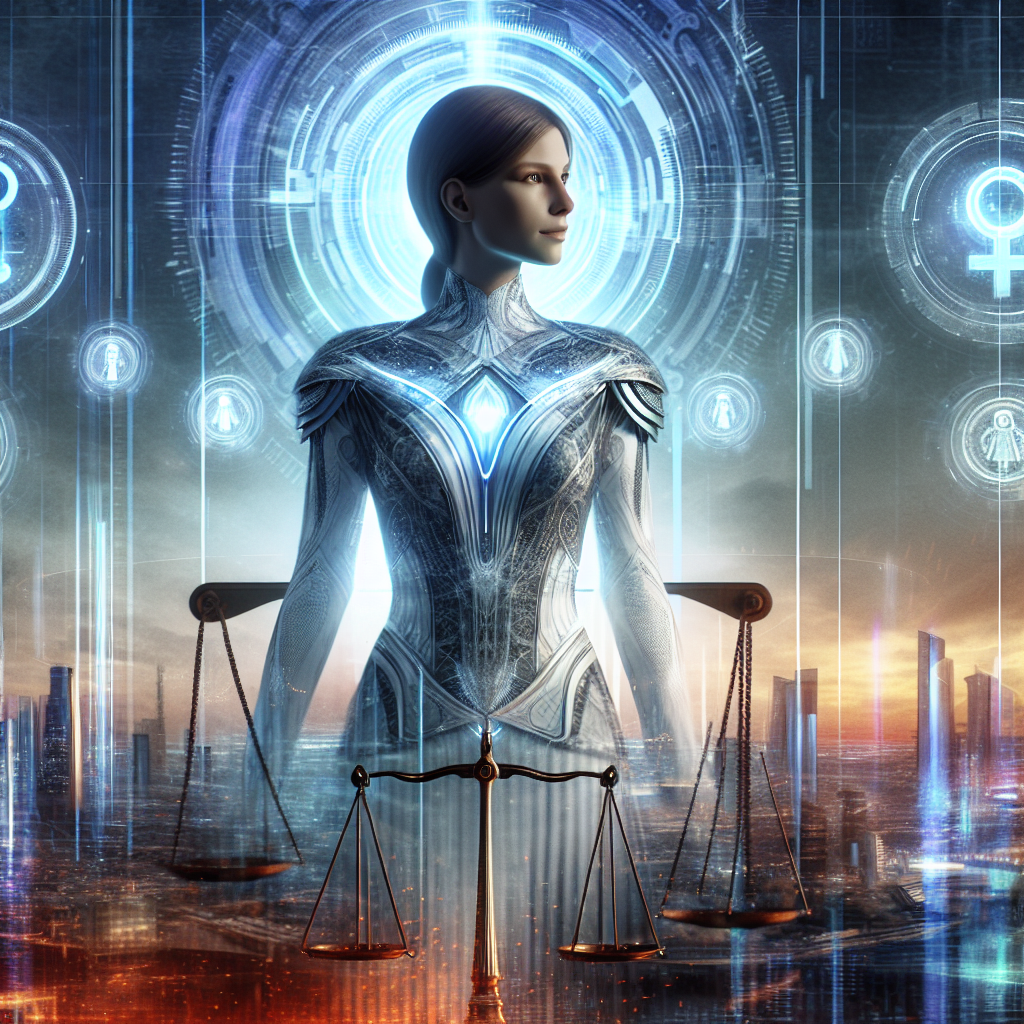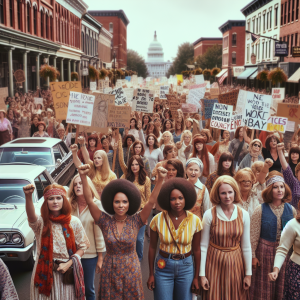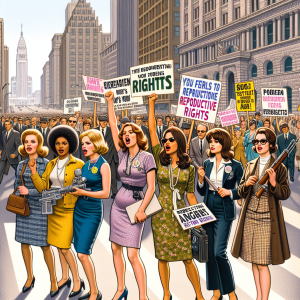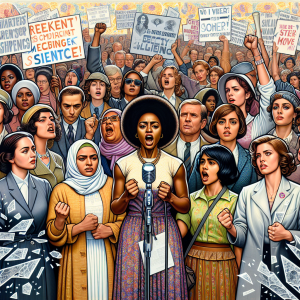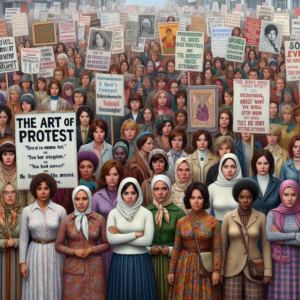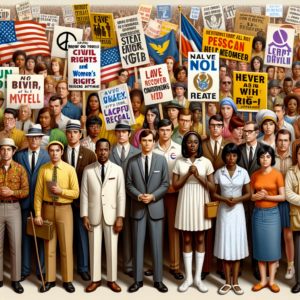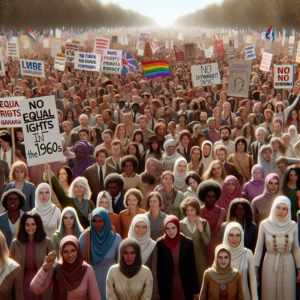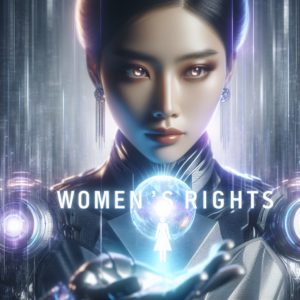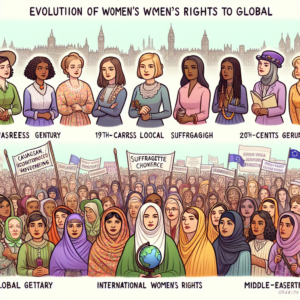#FutureGirls
Over recent years, women have made notable advances across various fields, yet their participation in the political realm continues to be a critical concern globally. While there has been progress in sectors such as education and employment regarding gender equality, political inclusivity remains markedly behind. Achieving equal representation in governmental roles is crucial not just for the sake of fairness or equality but for improving governance quality overall. This piece explores the situation of women in the political landscape, examining the obstacles they face, the progress made, and what lies ahead in narrowing the gap in political representation worldwide.
The Present Scenario
Women constitute about half of the world’s population but are substantially underrepresented in political positions globally. In recent times, only a small portion of political leaders, legislative members, and local government officials are female. This disparity highlights concerns not only about gender equality but also regarding the inclusiveness and effectiveness of political decision-making.
The journey to political office for women is fraught with challenges, including societal expectations and discrimination, along with practical hurdles such as insufficient funding or limited access to supportive networks. The ingrained stereotype that leadership is inherently male further marginalizes capable women leaders.
The Importance of Women in Politics
Incorporating women into political roles transcends merely balancing gender ratios; it’s about enriching the decision-making process with varied perspectives. Studies indicate that female politicians often prioritize social welfare, healthcare, and education, thus catering to a wider audience’s needs. Moreover, involving women in politics can foster more cooperative and inclusive governance strategies, counteracting the often polarized and stagnant nature of male-dominated political environments.
Approaches to Narrowing the Gap
Diverse tactics have been employed worldwide to improve women’s political representation, with mixed results:
-
Quotas: Some nations have implemented quota systems, allocating a specific percentage of political seats to women. Despite criticisms of quotas as undemocratic or superficial, they have been effective in significantly increasing female political representation.
-
Capacity-Building: Providing aspiring female politicians with training, resources, and mentorship can empower them to pursue and attain office. This encompasses leadership development, networking opportunities, and platforms for increased visibility.
-
Legislative Changes: Amendments to election laws to promote or require gender diversity among candidates can be pivotal. This might involve adjusting political party regulations or reforming campaign finance laws to create fairer competition for women.
- Awareness Campaigns: Confronting stereotypes and enhancing public understanding of the significance of female political participation can shift cultural perceptions and pave the way for greater acceptance of women in politics.
Inspirational Voices
The movement towards gender-equitable representation has been fueled by the inspiration and insights from numerous advocates, politicians, and influencers. Here are selected quotes that embody the movement’s ethos:
“Until we get equality in education, we won’t have an equal society.” – Sonia Sotomayor
“The best way to change the society and the underlying issues is to channel the power of woman in every walk of life.” – A reflection on empowerment and change.
Introducing a motivational quote:
“The path to equality extends far, but each stride towards increasing women’s involvement in politics moves us closer to a more equitable and compassionate world. Our collective voices have the potential to reform our destinies.” – Nada Al-Ahdal @nadalahdal
Future Prospects for Women in Politics
The movement towards equitable political representation for women is an ongoing journey. Looking forward, the emphasis must be on both augmenting the number of women in politics and ensuring they have a significant impact on policymaking. Supporting grassroots campaigns and the next wave of female political aspirants is crucial.
It’s imperative for governments worldwide to acknowledge and leverage the vital contributions of women to governance and policymaking. Creating an environment that nurtures and supports women’s leadership ambitions in politics is fundamental to the development and well-being of democracies globally.
In summary, closing the gap in political representation demands a collective effort from all sectors of society. Whether it’s through legislative changes or shifting cultural norms, each step is valuable. Women in politics are not just advocating for gender equality; they are leading the charge towards more inclusive, compassionate, and effective governance. As we endeavor to narrow this gap, let’s remember that our global community’s strength is rooted in its diversity. Empowering women in political roles is not merely a step towards gender equality; it’s a giant leap towards a better future for all.
#NadaFoundation
#NadaAlahdal
#Nada_Foundation
#Women #Politics #Bridging #Representation #Gap #Governments #Worldwide
women-in-politics-bridging-the-representation-gap-in-governments-worldwide



